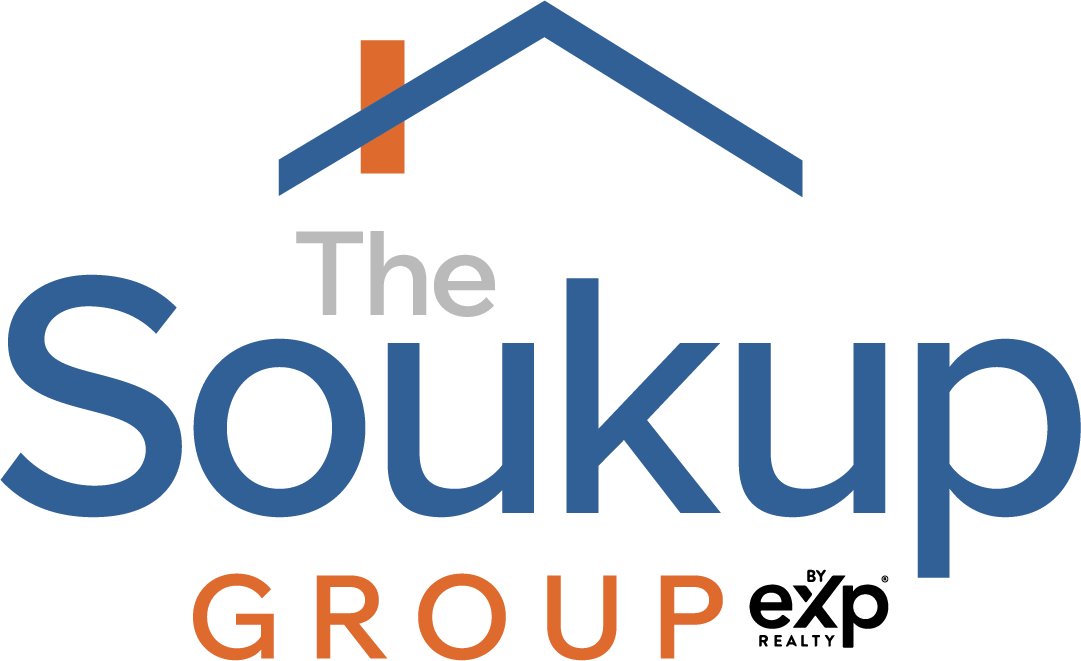As the city of Fort Collins continues to evolve and grow, the importance of strategic planning and setting clear priorities cannot be overstated. The recent work session held by the city council, which will be going on a retreat facilitated by a consultant from Raleigh, North Carolina, marked a significant step in this direction. The goal was straightforward yet ambitious: to transition from the sprawling 31 priorities of 2023 to a more focused set of around 10 for 2024-25. This reflects a shift towards more targeted and impactful governance, which is crucial for the city’s sustainable development.
The Retreat and Its Purpose
Ahead of the council retreat scheduled for this Saturday, the work session served as a prelude, focusing on defining what constitutes a good priority. This introspective approach is a departure from the previous years’ strategy and aims to ensure that each priority is actionable, relevant, and aligned with the city’s long-term vision. The council plans to adopt its strategic plan and priorities by March 19th, a timeline that underscores their commitment to efficient and effective governance.
Reflecting on the Past, Focusing on the Future
The council’s previous list of 31 priorities in 2023, while ambitious, perhaps lacked the focused impact that more streamlined objectives could provide. This realization, coupled with a willingness to embrace change, is a positive sign. The consultant’s role in providing direction is critical here, helping the council distill their vision into tangible goals.
Fort Collins Today: A Snapshot
As of November 2023, Fort Collins is a city with a population of 171,848 and 70,247 housing units. It faces challenges typical of growing cities: a 16.2% poverty rate (which includes CSU students) and Housing Cost Burden where only 20% of Owners spend less than 30% of their income on housing and 57% of renters spend less than 30%.
One huge item of note is we are an aging population with a median age of 36, marking a dramatic change of less than 30 years old for many, many years. Since 2016, there has been a noticeable decline in new housing units, with a shift towards more multifamily and attached units.
This demographic and housing data is crucial for priority setting. It reflects the need for a strategic approach to housing, one that balances growth with affordability and sustainability.
Environmental Concerns and Actions
A major concern for Fort Collins is air pollution, primarily attributed to gas engines from both local commuters and neighboring communities involved in oil and gas activities. This issue underlines the importance of the city’s environmental plan, which must be a priority in the upcoming strategic plan. The city’s Active Modes Plan and Transportation Plan are steps in the right direction, focusing on reducing reliance on gas-powered transportation.
Economic and Housing Strategies
Fort Collins’ investment of $2.7 million per year towards affordable housing has remained constant over the last decade, despite a 65% increase in construction costs. This disparity highlights the need for a revised approach to funding affordable housing. The city must explore new avenues, including the potential use of Prop 123 funding, to address this challenge.
Utilizing ARPA Funds
The allocation of ARPA (American Rescue Plan Act) dollars is another key topic of discussion. These funds present an opportunity for significant impact in various areas, including public health, economic recovery, and infrastructure. The council’s plan to strategically utilize these funds will be pivotal in addressing both immediate needs and long-term goals. Many, if not all all of these dollars MUST be used or allocated by the end of 2024.
A Holistic Approach
Fort Collins is not just focusing on individual sectors but is also looking at how these sectors interconnect. The discussion around the city’s various strategic plans – housing, economic, environmental, transportation – indicates a holistic approach to urban planning. This method recognizes that effective solutions often lie at the intersection of multiple areas.
Conclusion: A City Poised for Thoughtful Growth
As Fort Collins moves forward with setting its priorities for 2024, the city stands at a crossroads. The decisions made now will shape the city’s future. By focusing on fewer, more impactful priorities, the city council is poised to drive meaningful change. The blend of introspection, strategic planning, and willingness to adapt is a strong formula for addressing the challenges of a growing, dynamic city. With these efforts, Fort Collins is not just planning for the next two years but is laying the groundwork for a sustainable, resilient future.
